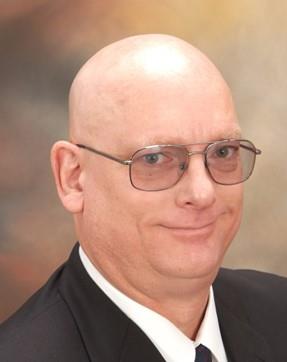Recent News
December 5 Seminar: Sal Portillo
December 3, 2025
November 21 Seminar: Jim Aarestad
November 19, 2025
November 14 seminar: Manel Martínez-Ramón
November 12, 2025
November 7 seminar: Bradley Ratliff
November 5, 2025
News Archives
September 26 Seminar: Armin Doerry
September 25, 2025

September 26, 2025
A New, Integrated Vision of Non Terrestrial Networks Targeting the Global 6G Connectivity
Dr. Armin Doerry, Ph.D., Sandia National Laboratories
3:00 pm, UNM Centennial Engineering Center, Room 1026
Online Guests: Contact Prof. Santhanam <bsanthan@unm.edu> for a Zoom link
Abstract: Airborne radar for intelligence, surveillance, and reconnaissance has become an indispensable tool for civilian and military applications, found in both manned and unmanned platforms. Radar offers the usual advantages of providing its own illumination and ability to penetrate optical obscurants like weather, smoke, dust, etc. In addition, with coherent processing, signal phase information can be exploited for some unique sensing modes.
Operational radar systems are usually multi mode to engage missions for all manner of phenomenology detection and characterization, and have a long history of success for their intended purposes. Nevertheless, the advance of technology is facilitating enhanced exploitation of generally existing capabilities, as well as enhanced utility with new capabilities.
We will discuss current state of the art performance, and discuss several promising areas of future capability enhancements.
Bio: Dr Armin Doerry is a Distinguished Member of Technical Staff in the ISR Mission Engineering Department of Sandia National Laboratories, and has been a Research Professor at the University of New Mexico Center for High Technology Materials. He holds a Ph D in Electrical Engineering from The University of New Mexico. He has worked in numerous aspects of airborne radar systems’ analysis, design, and fabrication since 1987 and continues to do so today. He has taught Radar Signal Processing classes (and related topics) as an adjunct professor at The University of New Mexico, and has taught numerous seminars on various radar topics to government, military, industry, and academic groups He is a Fellow of the SPIE, and a Fellow of the MSS.
